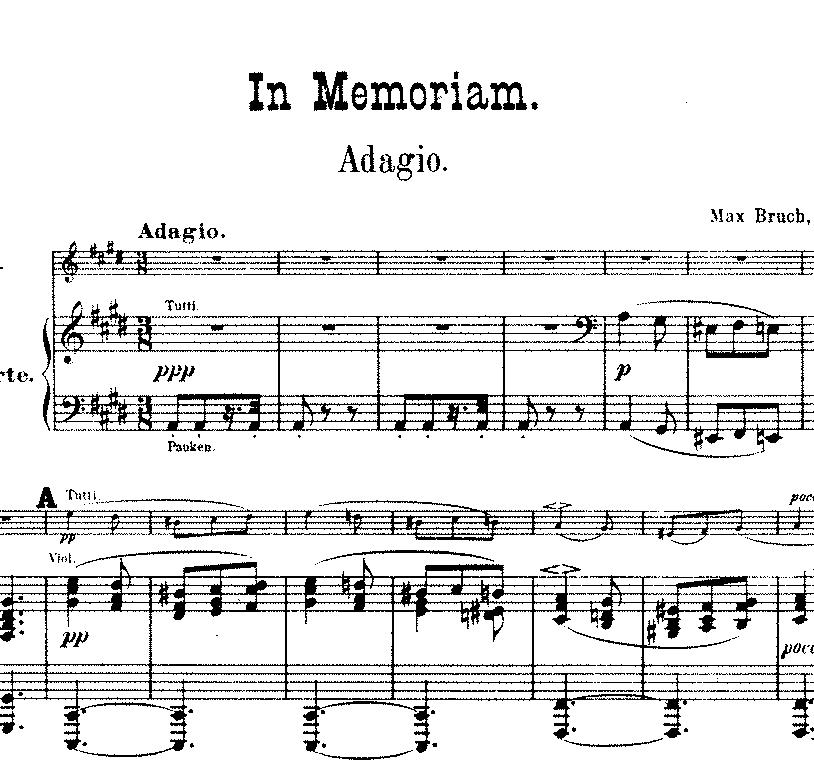
The term “soundtracks” can apply to works for the stage, as well as the screen. And the screen in question may be the small or the big one. But the posts this week have been dominated by works written for the movies. There is, of course, a great body of work available in movie songs, and we can only scratch the surface in one short week. But now I would like to present a pair of songs which made their first appearance on stage.
I am referring to the London stage in the late 1800s. The movies, and some of the inventions that had to precede them, had not yet made their appearance. Hit songs were not judged by the number of downloads, or the volume of record sales, or the number of plays on the radio; all of that technology was still years away. But many people had pianos in their homes, and knew how to play them. If you went to the theatre, and heard a song you liked in a show, you bought the sheet music and learned to play and sing the song. And hits were measured by the volume of sheet music sold.
One of London’s biggest hit makers was the team of W S Gilbert and Sir Arthur Sullivan. Gilbert wrote the words and Sullivan provided the music for a series of comic operettas which graced the London stage. Although Gilbert worked a lot of topical humor into his librettos, his lampoons of human nature have proven to be timeless, and his characters retain their appeal. And Sullivan’s music has withstood the test of time. Over one hundred years later, the operettas of Gilbert and Sullivan are now performed worldwide. The Pirates of Penzance was adapted into a Broadway show, which was then adapted into a movie. And filmmakers still tell the story of Gilbert and Sullivan themselves; the most recent example of this was Topsy Turvy.
I could have presented, for this post, recordings of songs from the operettas themselves. But I decided that the musical style was too far afield from what we feature here, so I have chosen a pair of Gilbert and Sullivan covers. If there is enough interest in the sound of the originals, I would consider doing a post at Oliver di Place in the future.

Richard Thompson: There is Beauty in the Bellow of the Blast
[purchase]
Richard Thompson gives us a song from The Mikado. In this song, Ko-Ko, the Lord High Executioner of Titipu, must win the heart of Katisha, the Mikado’s Daughter-in-law Elect, and “an acquired taste”, in order to save his own life. It’s a long, hilarious story.

Peter Paul and Mary: I Have a Song to Sing, O
[purchase]
Peter Paul and Mary chose a song from The Yeomen of the Guard. Jack Point, a strolling jester, introduces himself to the other characters and the audience with this song. Sir Arthur Sullivan always wanted to produce a serious opera, and The Yeomen of the Guard is as close as Gilbert and Sullivan ever came. In the end, Jack Point loses his love, and he reprises this song at the end in despair. This makes the song an odd choice for one of Peter Paul and Mary’s children’s albums. But they perform it beautifully.








































































































































































































































































